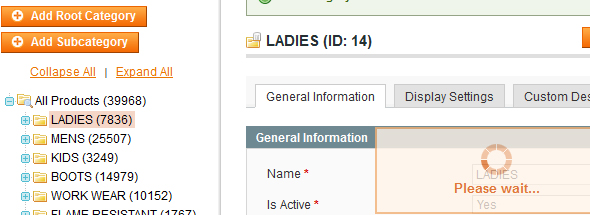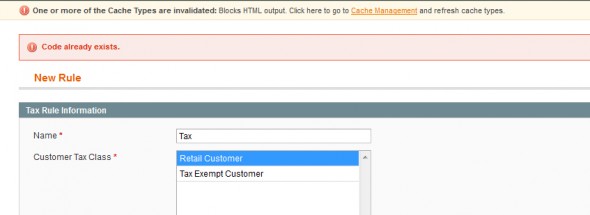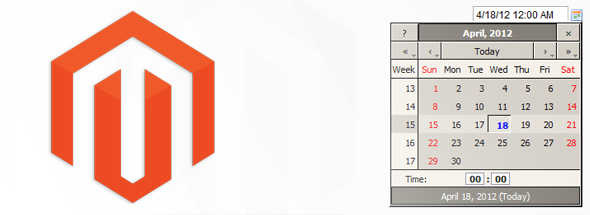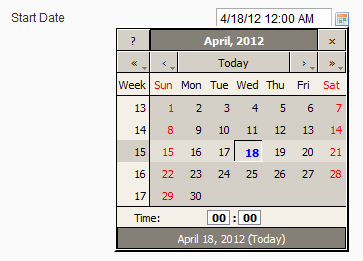With tax free season coming around, majority of my Magento clients requested that products set to specific categories be made tax free.
Magento sets the tax_class_id attribute on the product level, which would require me doing a batch update of the products, however I can’t set a filter to specific categories which puts me back to square one.
Below is a simple SQL query that will update all products to a Tax Class of None, based on a set of category ids I define.
WARNING: Always do a complete database backup before running SQL queries against your database
UPDATE catalog_product_entity_int cpei
SET cpei.value = 0
WHERE cpei.attribute_id = (SELECT attribute_id FROM eav_attribute WHERE attribute_code = 'tax_class_id')
AND cpei.value = 2
AND cpei.entity_id IN (
SELECT product_id AS entity_id FROM catalog_category_product
WHERE category_id IN (1,2,3,4,5,6,7,8,9)
)
Be sure to replace this section
WHERE category_id IN (1,2,3,4,5,6,7,8,9)to include the comma separate list of category_id values you wish to apply this to.
You can also change the tax_class_id you set these products to by modifying this line:
SET cpei.value = 0. Change the
0 to the value of the tax_class_id you wish to set it to.
After applying the SQL query, be sure to update the Product Flat Data under System > Index Management, then refresh all of your Magento caches under System > Cache Management




